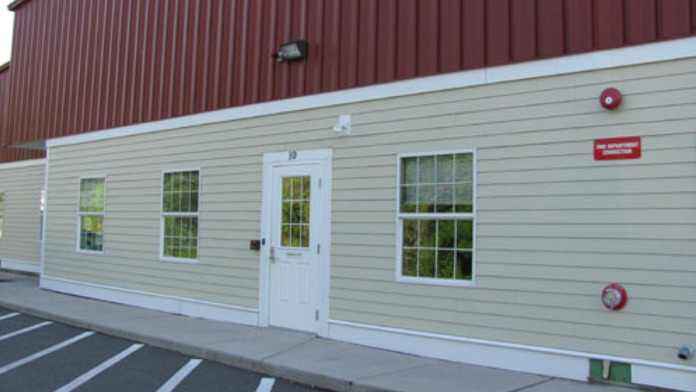About High Point – Meadowbrook Brockton Campus – Brockton
High Point – Meadowbrook Brockton Campus is an opioid substance abuse treatment facility in Brockton, Massachusetts. This program serves men and those who identify as male who are age 18 or older. The campus provides individuals with medication assisted treatment (MAT) that is administered by nurses, physicians and counselors.
One thing that stands out about this treatment center is they have methadone, naltrexone and buprenorphine available for use. It’s usually the case that facilities carry multiple medications because they recognize patients react differently to different medications. Staff members work closely with patients to determine the right dosage, medication and therapeutic interventions for their plan of care.
High Point – Meadowbrook Brockton Campus offers additional therapeutic options once patients have completed the withdrawal phase of their recovery. Clients can receive individual and group therapy to address the behavioral and emotional aspects of their addiction. Therapists will guide individuals in identifying the underlying causes of their substance abuse issues. The types of therapeutic approaches that therapists may use on patients include cognitive behavioral therapy and dialectical behavior therapy.
Cognitive behavioral therapy is used to help clients recognize negative beliefs that contribute to substance abuse and promote positive behavioral patterns. Dialectical behavior therapy helps individuals to regulate their emotions better and accept the need to make significant life changes. Therapists will also help clients to build healthy habits and effective coping skills. Group counseling will involve meeting with a group of no more than 15 patients to discuss recovery related topics. Clients will have the opportunity to receive peer support and learn from others who are recovering from addiction. Family support and education are also available.
